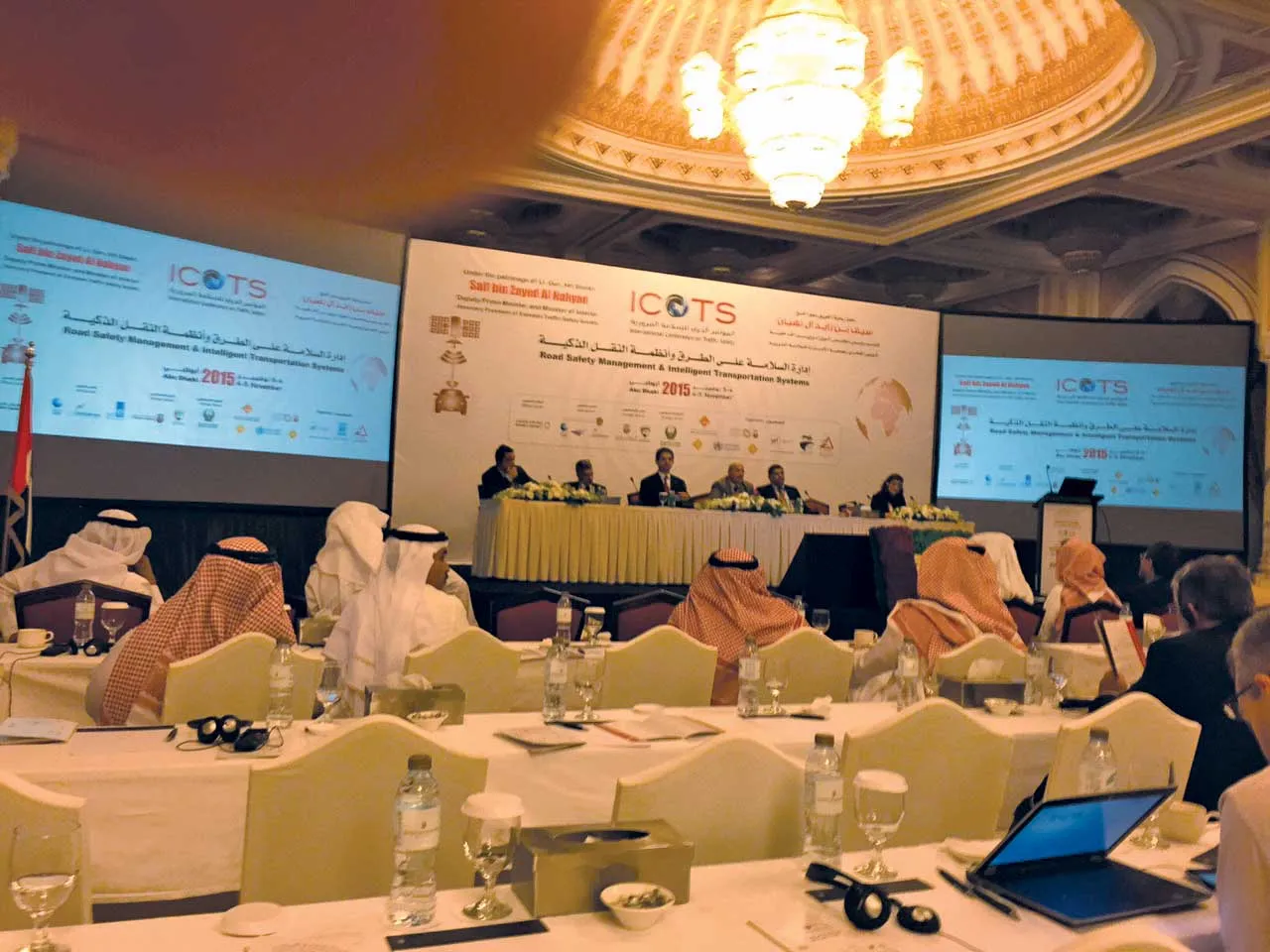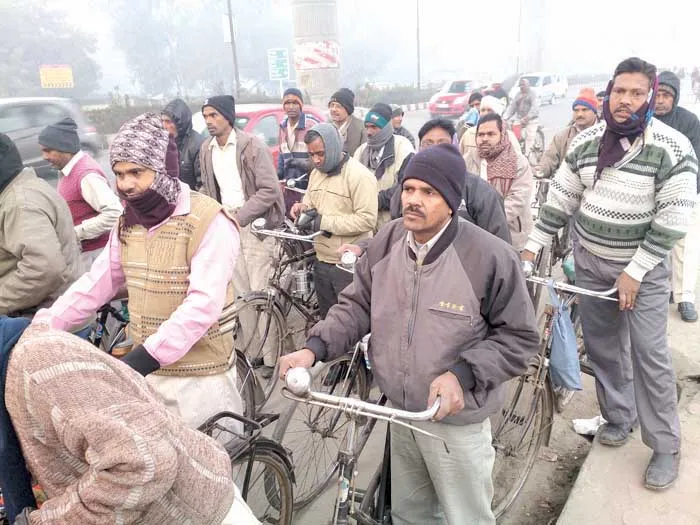Jean Todt, special envoy of UN secretary general on the challenge of road safety
Jean Todt, president of, Fédération Internationale de l'Automobile (FIA) and special envoy of the UN secretary general on road safety spoke about the next steps in tackling the plague of road accidents.
“Every year, on the world's roads, almost 1.3 million people die. According to the WHO (World Health Organization), road traffic crashes are now the eighth leading cause of death globally, and the leading cause of death am
November 23, 2015
Read time: 3 mins
Jean Todt, special envoy of UN secretary general on the challenge of road safety
Jean Todt, president of, Fédération Internationale de l'Automobile (FIA) and special envoy of the UN secretary general on road safety spoke about the next steps in tackling the plague of road accidents.
“Every year, on the world's roads, almost 1.3 million people die. According to the WHO (World Health Organization), road traffic crashes are now the eighth leading cause of death globally, and the leading cause of death among young people aged 15-29 years.
“The one thing brought home to me on countless occasions in the past five years is that to effectively press for change on a worldwide scale requires us to speak from a global platform. I believe that coordinating the setting up of this global platform is what the role of special envoy on road safety was created to achieve.
“Under the auspices of UNECE, the United Nations has developed 58 conventions and agreements, pertaining to road safety, such as traffic rules, the standardisation of road signs and signals, as well as vehicle standards.
“If we could get these instituted and correctly policed on a global footing we would see a dramatic improvement in road safety. “If we can convince governments to spend a little to deal with the symptoms of this disease, we would save a lot - in financial, but most importantly in human, terms"
He explained that step two involves creating innovative, effective financing models. “There is an urgent need to radically increase funding for road safety and we need to do more to encourage the private sector to make a substantial commitment. To that end I will be bringing together a panel of experts from a variety of fields to formulate new mechanisms by which we can create the funding needed.
“We need to look beyond established models and explore new ways of financing. One idea I have called for, along with the road safety community, is the establishment of a financing mechanism based on the model of UNITAID and the contribution from plane tickets. This would take the form of marginal contribution on sales related to the automotive sector.
"These are long-term goals and they will be hard won – through advocacy at the highest levels, through lobbying at international, national and local level, through the development of better funding mechanisms and through a constant conviction that change can be brought about if we speak loudly enough and with one voice, pressuring those who would continue to relegate this global scourge to the realm of acceptable and affordable losses and to look beyond the news in brief and to recognise the pandemic on their doorstep."
Appointment
Dr Adnan Rahman, vice-chairman,1201 IRF Geneva was invited to participate in the Advisory Group of the FIA’s High Level Panel for Road Safety to contribute towards reaching the goals set out by the Decade of Action for Road Safety 2011.
Jean Todt, president of, Fédération Internationale de l'Automobile (FIA) and special envoy of the UN secretary general on road safety spoke about the next steps in tackling the plague of road accidents.
“Every year, on the world's roads, almost 1.3 million people die. According to the WHO (World Health Organization), road traffic crashes are now the eighth leading cause of death globally, and the leading cause of death among young people aged 15-29 years.
“The one thing brought home to me on countless occasions in the past five years is that to effectively press for change on a worldwide scale requires us to speak from a global platform. I believe that coordinating the setting up of this global platform is what the role of special envoy on road safety was created to achieve.
“Under the auspices of UNECE, the United Nations has developed 58 conventions and agreements, pertaining to road safety, such as traffic rules, the standardisation of road signs and signals, as well as vehicle standards.
“If we could get these instituted and correctly policed on a global footing we would see a dramatic improvement in road safety. “If we can convince governments to spend a little to deal with the symptoms of this disease, we would save a lot - in financial, but most importantly in human, terms"
He explained that step two involves creating innovative, effective financing models. “There is an urgent need to radically increase funding for road safety and we need to do more to encourage the private sector to make a substantial commitment. To that end I will be bringing together a panel of experts from a variety of fields to formulate new mechanisms by which we can create the funding needed.
“We need to look beyond established models and explore new ways of financing. One idea I have called for, along with the road safety community, is the establishment of a financing mechanism based on the model of UNITAID and the contribution from plane tickets. This would take the form of marginal contribution on sales related to the automotive sector.
"These are long-term goals and they will be hard won – through advocacy at the highest levels, through lobbying at international, national and local level, through the development of better funding mechanisms and through a constant conviction that change can be brought about if we speak loudly enough and with one voice, pressuring those who would continue to relegate this global scourge to the realm of acceptable and affordable losses and to look beyond the news in brief and to recognise the pandemic on their doorstep."
Appointment
Dr Adnan Rahman, vice-chairman,








